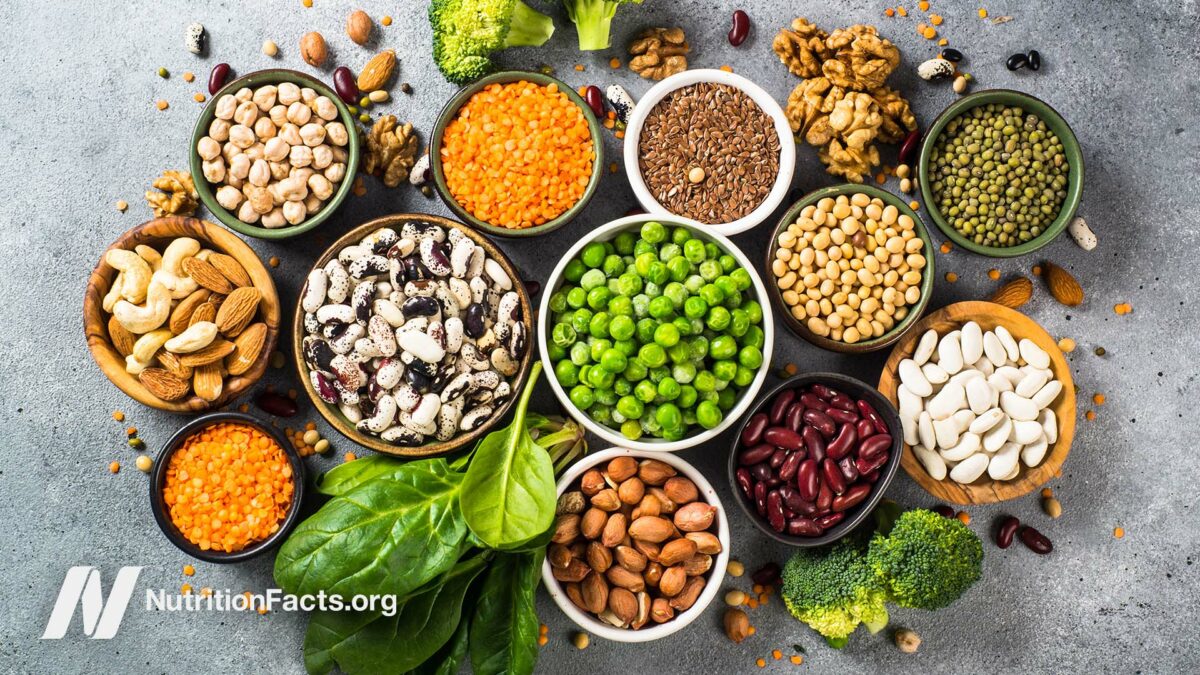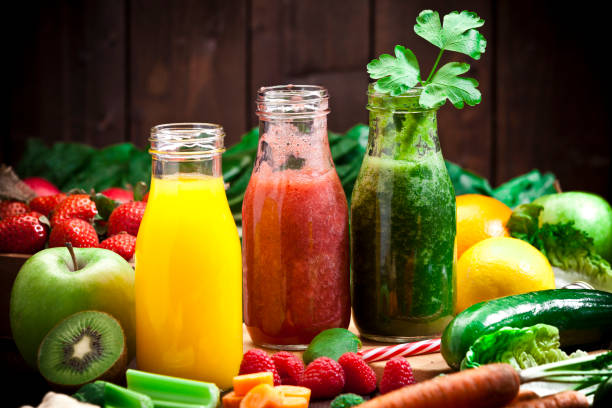Feed Your Natural Detox Team

🎧 Prefer to listen? Here's the narrated version of this post.
Everywhere you turn, there’s another “detox” or “cleanse.” Teas, juices, powders, supplements—each promising to scrub your insides clean like a Magic Eraser.
The truth? Your body is already detoxing for you—every single day, every single hour. It doesn’t need a celebrity-endorsed cleanse. What it does need is steady, consistent support.
The Myth of Detox
“Detox” has become a marketing word. But scientifically, detoxification is happening constantly through highly regulated systems. The liver, kidneys, lungs, gut, lymph, and skin are all working around the clock to filter, neutralize, and excrete substances we don’t need.

No juice cleanse can override those pathways. While they may provide some benefits—added hydration, good vitamin intake, and potential herbal support—they are almost always unbalanced (low fiber, high glycemic load, and excessive or insufficient intake of various compounds). Some extreme detoxes can harm the body by depriving it of the very nutrients these systems require, and engaging in detox behavior consistently can lead to unbalanced thinking about nutrition, health, and body image.
Your whole self carries a wisdom that no quick-fix cleanse can rival. The real power comes from supporting the incredible detox team already working for you. It's far superior to outsourcing the job to products designed more to line pockets than to help you thrive.
Your Innate 24/7 Detox Squad
Your internal detox is done by a team, constantly in conversation with one another and working together. Supporting these systems isn't done with gimmicks or magic potions. It's done with our diet and lifestyle choices.

The liver takes the lead, processing everything from excess hormones to environmental chemicals, breaking them down so they can be safely escorted out. The kidneys follow up by filtering your blood and balancing fluid and electrolytes so that those wastes leave the body.
Meanwhile, your gut provides the exit ramp—fiber keeps things moving, while your microbiome helps neutralize compounds along the way. Every breath you take engages the lungs, bringing in oxygen and expelling carbon dioxide, while also clearing tiny airborne irritants.
The skin—your largest organ—provides a literal barrier while also sweating out small amounts of waste, especially when you’re hydrated or warming up in a sauna.
And woven throughout all of this is the lymphatic system, your body’s drainage and surveillance network. Lymph fluid collects cellular debris, pathogens, and excess fluid, shuttling them through lymph nodes where immune cells go to work. When it runs sluggish, your whole detox team has to work harder.
How to Support the Team
Providing your body with ongoing support is the best way to ensure it keeps working. Still, dedicating a week, two, or a month to a reset and a deeper dive into eating well can be beneficial. You can build momentum, clear unhelpful habits, and set yourself up for lasting success.
A reset means giving it the building blocks it already knows how to use. It's an intentional period that makes it easier to carry good choices forward, not a short-term fix you abandon once the calendar flips.

Nutrition
Food is the cornerstone of detox support because it feeds the very enzymes and processes that clear waste. Cruciferous vegetables like broccoli, kale, and Brussels sprouts contain glucosinolates, which your body converts into compounds (like sulforaphane) that activate phase II detox enzymes in the liver. These enzymes help neutralize and escort out carcinogens and other toxins. Sulforaphane has been studied for its ability to boost glutathione, the body’s “master antioxidant,” which binds and eliminates heavy metals and reactive oxygen species.
Fiber is just as critical: soluble fiber in beans, oats, and fruits binds bile acids and waste products in the gut, preventing them from being reabsorbed. A large meta-analysis showed that diets high in fiber not only improve cholesterol but also reduce systemic inflammation—meaning your detox pathways don’t have to work as hard. And antioxidants in citrus, berries, and green tea reduce the oxidative stress that otherwise builds up during the detox process.

Movement
When you move, you literally move waste. Unlike blood, lymph has no pump; it depends on muscle contractions and breathing to circulate. Research shows that even gentle aerobic exercise significantly increases lymphatic flow, improving immune surveillance and waste clearance. Practices like yoga and diaphragmatic breathing have been shown to stimulate the thoracic duct, the main highway of lymph drainage.
Exercise also ramps up respiration, increasing oxygen exchange and helping clear volatile compounds through the lungs. Sweat isn’t the body’s primary detox route. Still, studies have found trace amounts of heavy metals like arsenic, cadmium, and lead in sweat—suggesting skin excretion does play a secondary role. Most importantly, regular activity improves insulin sensitivity and circulation, which means every detox organ (from the liver to the kidneys to the brain) gets better perfusion and energy to do its job.
Stress Reduction
Stress hormones like cortisol directly affect detox efficiency. Chronic stress reduces glutathione levels and impairs liver enzyme activity, making it harder to process toxins. On the flip side, practices like meditation and controlled breathing have been shown to lower cortisol and increase parasympathetic activity, which helps digestion and detoxification run smoothly. Even brief daily stress management can keep those pathways resilient.

Sleep
Sleep isn’t just downtime; it’s when the brain clears waste. During deep sleep, the glymphatic system (a recently discovered brain “drainage” network) flushes out metabolic byproducts like beta-amyloid. Research shows that even a single night of poor sleep impairs this clearance, which is why chronic sleep loss is linked to a higher risk of neurodegenerative disease. A steady sleep routine strengthens every detox organ by aligning with circadian rhythms.
Environment
Your body works hardest when it’s not overloaded. Airborne particulates, pesticide residues, plastics, and heavy metals all add to the detox burden. Simple shifts, like ventilating your home, filtering water and indoor air, avoiding heating food in plastic, and choosing fewer ultra-processed products, can reduce exposure. Studies on indoor air quality show that even adding houseplants or improving ventilation measurably lowers indoor pollutants, lightening the load for lungs and liver alike.
Self-Care & Skin Support
Your skin is the body’s largest organ and an overlooked line of defense. While it isn’t the liver, it still plays a role in both keeping toxins out and helping move waste out.

Practices that encourage circulation and sweat can complement the body’s natural detox:
- Sweating it out: Regular sauna use has been linked to reduced cardiovascular risk and increased excretion of some heavy metals (like cadmium and lead) through sweat. Exercise-induced sweating also supports this pathway.
- Circulation boosters: Techniques such as massage, dry brushing, or contrast showers (warm/cool) can stimulate lymphatic flow, helping immune cells move more efficiently and reducing fluid stagnation.
- Barrier care: Hydrated, intact skin is a more substantial barrier. Using gentle moisturizers (think plain shea butter or non-toxic lotions) prevents micro-cracks that make it easier for pollutants to penetrate. Gentle exfoliation also keeps the skin surface clear, allowing it to function well.
Taken together, these practices don’t “detox” you in isolation, but they do lighten the load on your body’s internal systems by keeping your outer barrier strong and engaged.
When Supplements Might Help
Food and lifestyle form the foundation of supporting our internal detox systems. But sometimes supplements or herbal tinctures or teas do have a role:
- Filling gaps: If you consume a primarily plant-based diet, you'll need to supplement with B12. Vitamin D supplementation can also be helpful.
- Special conditions: Certain medical issues, impaired kidney or liver function, or high exposures to environmental toxins may call for targeted nutrients or herbal preparations under professional guidance.
- Transitions: Starting a new way of eating (say, more plant-based) might benefit from products like digestive enzymes as your body transitions to its more natural way of eating.

Taking supplements or herbal concoctions has its place in promoting health, but they should be seen as assistants in rebuilding the body's wellness team. Without the rhythm of whole foods, movement, sleep, improving our environment, taking care of our skin, and hydration, they’re like tossing a pill or drink into the void. But layered on top of solid habits, they can give that extra edge when needed.
A Final Thought
When researchers studied dietary patterns across cultures, one thing stood out: it wasn’t cleanses or shortcuts that increased lifespans and healthspans, it was consistency. People who eat more plants, move regularly, and sleep well tend to live longer, experience health later into their years, and avoid the lifestyle diseases that so many Americans succumb to.
Try a 7-day or 14-day challenge where you go all in on a whole food, plant-based diet. You'll have almost instant feedback as you feel better and watch your health markers improve.
Resources


Explore my bookshop.org store for books on the biome and related subjects.
(This blog is not intended to diagnose or treat disease. I am not a physician. Please consult your physician for any medical advice. Thanks.)
Affiliate note: I have affiliate relationships with Bookshop, Azure Standard, and Amazon. If you click through and make a purchase, I may earn a small commission at no extra cost to you. I strongly support both Azure and Bookshop for their mission-driven models, and I also include Amazon links, as I know many people find it the most convenient and affordable option. As an Amazon Associate, I earn from qualifying purchases.






